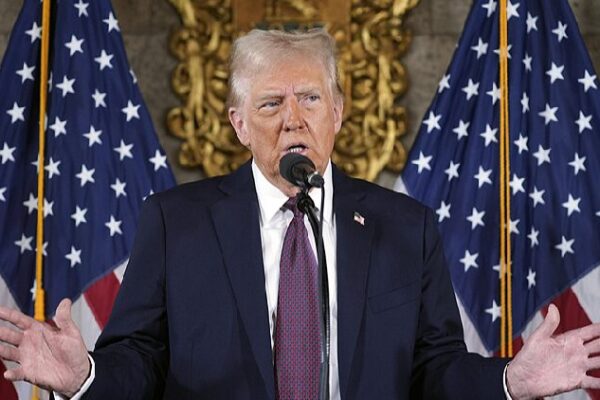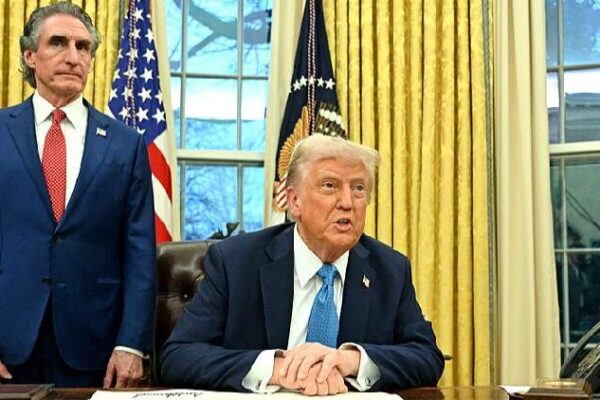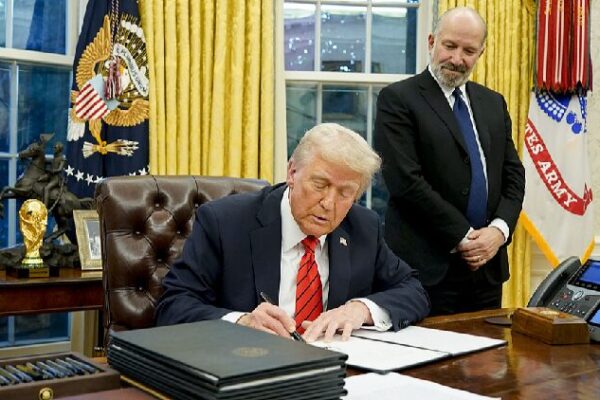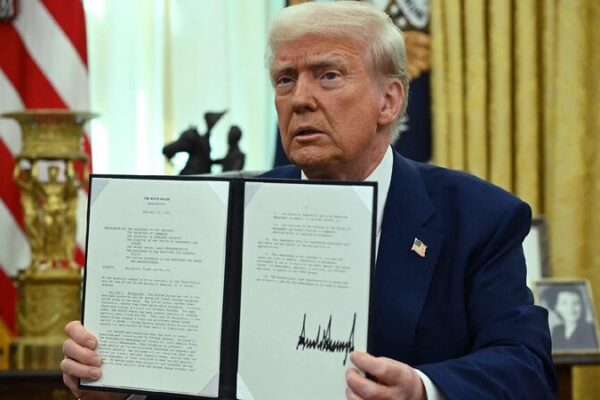Mexico City—Mexican President Claudia Sheinbaum warned on Wednesday that Mexico would retaliate if U.S. President-elect Donald Trump follows through with his proposed 25% across-the-board tariffs on Mexican imports. She cautioned that such a move could lead to significant job losses in the United States and increase prices for American consumers.
"If there are U.S. tariffs, Mexico would also raise tariffs," Sheinbaum said during a press conference, signaling that her country is prepared to respond in kind to protect its interests.
Mexican Economy Minister Marcelo Ebrard, speaking alongside Sheinbaum, emphasized the potential negative consequences of a trade war. "It’s a shot in the foot," Ebrard said regarding Trump’s tariff proposal, which he noted could violate the United States-Mexico-Canada Agreement (USMCA).
Ebrard warned that the tariffs could result in massive U.S. job losses, reduced economic growth, and higher taxes for U.S. companies manufacturing in Mexico. "The impact on companies is huge," he stated.
The proposed tariffs would particularly affect key cross-border industries, especially the automotive sector. Ebrard highlighted that major automakers like Ford, General Motors, and Stellantis could face significant challenges.
"About 88% of pickup trucks sold in the U.S. are made in Mexico," Ebrard explained. "Our estimate is that the average price of these vehicles will increase by $3,000." These price hikes could disproportionately affect rural areas in the U.S., where pickup trucks are especially popular and where support for Trump is strong.
Later on Wednesday, Sheinbaum and Trump spoke by phone. The Mexican president wrote on social media platform X that they discussed "strengthening collaboration on security issues" and described the conversation as "excellent."
Trump has stated that the tariffs would remain in effect until the flow of drugs—particularly fentanyl—and migrants into the U.S. is controlled. Sheinbaum countered by noting that migrant caravans are no longer reaching the U.S.-Mexico border "because they are attended to" in Mexico.
While a caravan of several thousand migrants had been moving through southern Mexico, numbers have dwindled in recent days.
Some analysts view Trump’s tariff threats as a negotiating tactic rather than concrete trade policy. "The lack of a clear link between this threat and questions related to trade suggests the new president plans to use tariffs as a negotiating strategy to achieve goals largely unrelated to trade," said David Kohl, chief economist at Julius Baer.
Reference(s):
cgtn.com








